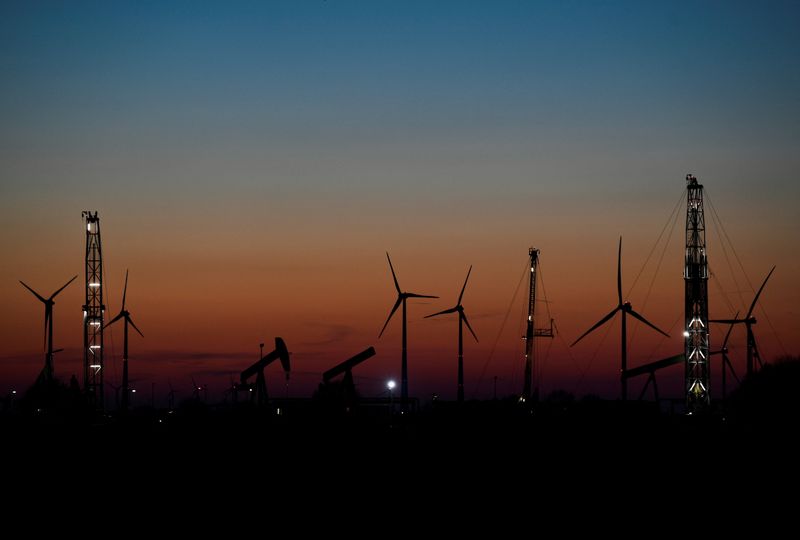FRANKFURT (Reuters) - German oil and gas producer Wintershall Dea urged Berlin on Monday to clear exports of carbon dioxide to European neighbours that would be buried in so-called carbon capture and storage facilities (CCS).
Germany, following a bilateral Danish and Belgian agreement, needs to ratify a clause in the so-called London Protocol, which bans waste exports for dumping, to exempt shipments of captured carbon dioxide (CO2) into final repositories, said Klaus Langemann, senior vice president carbon management and hydrogen.
"German policymakers have now come to recognise the potential of CCS," he said in a pre-released statement ahead of a speech to the Handelsblatt Energy Summit 2023 in Berlin.
"Words must be backed up by action," he added.
Wintershall is involved in various CCS projects, including in Norway and Denmark, which aim to store CO2 in depleted oil and gas fields.
The early capture of CO2 emissions in the production process and their subsequent storage could help achieve climate targets and provide a new area of activity for hydrocarbon exploration companies.
Unavoidable residual emissions in Germany currently amount to well over 40 million tonnes per year from industries such as chemicals and cement, Langemann said.
The German government coalition is set to decide a carbon management strategy this year to define guidelines for dealing with unavoidable CO2 emissions, after projects stalled in the past as campaigners were concerned that CCS prolongs the use of fossil fuels.

The mood has changed as the problem of climate change has become more urgent and the focus has shifted to dealing with the emissions that are hardest to avoid at the same time as accelerating the use of renewable energy.
Wintershall Dea plans to build up a business capturing 20-30 million tonnes of CO2 per annum by 2040.